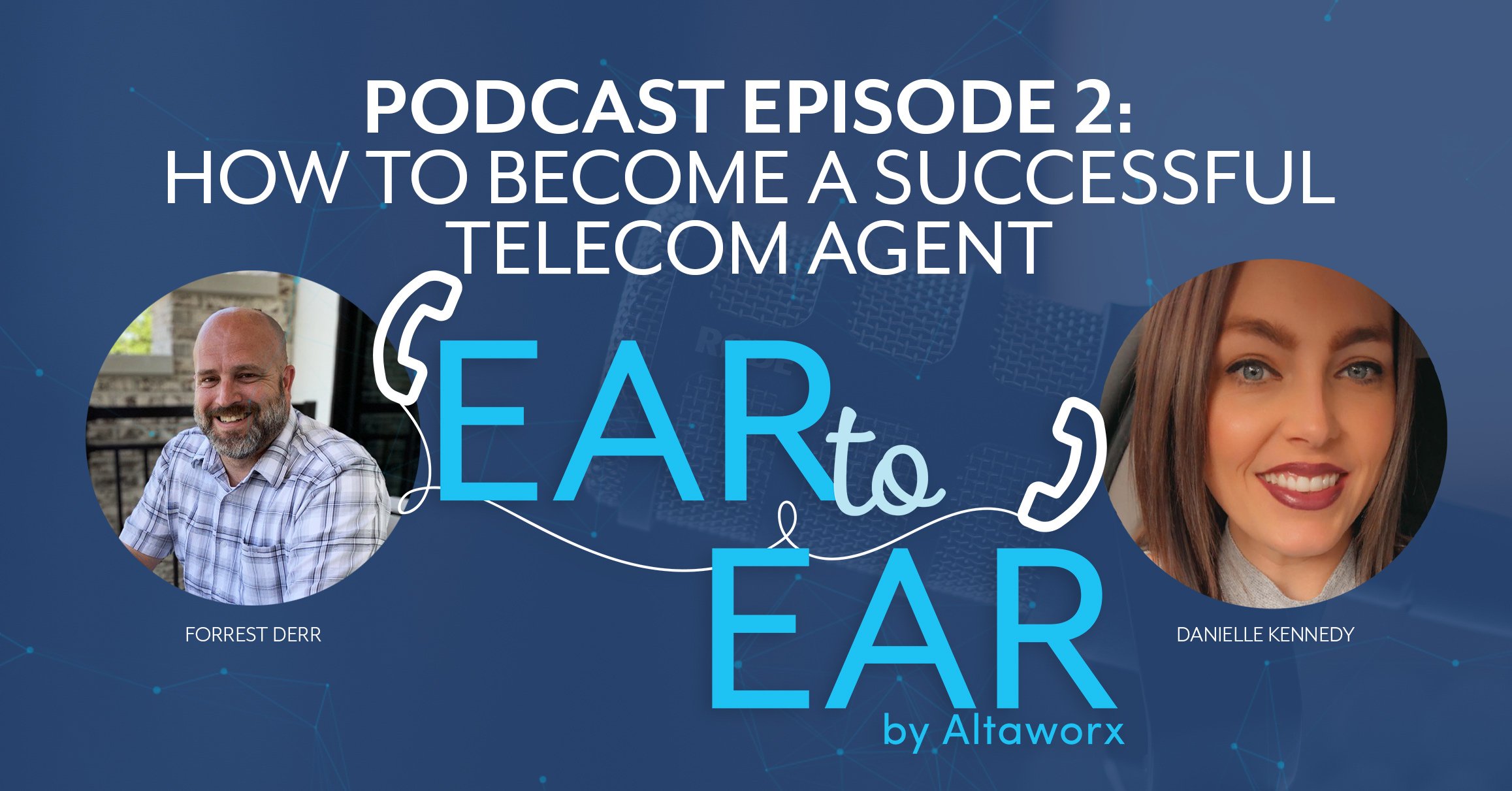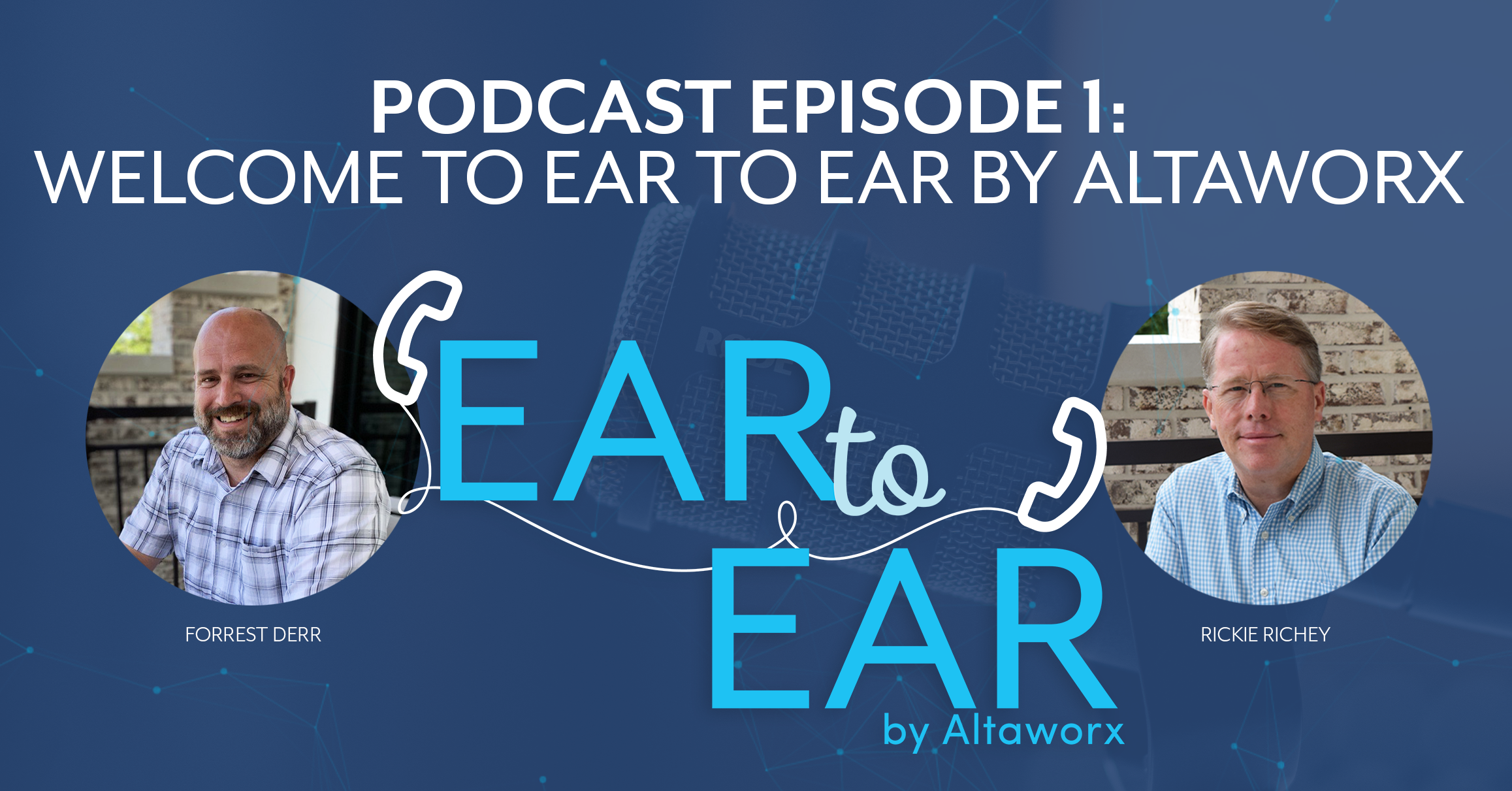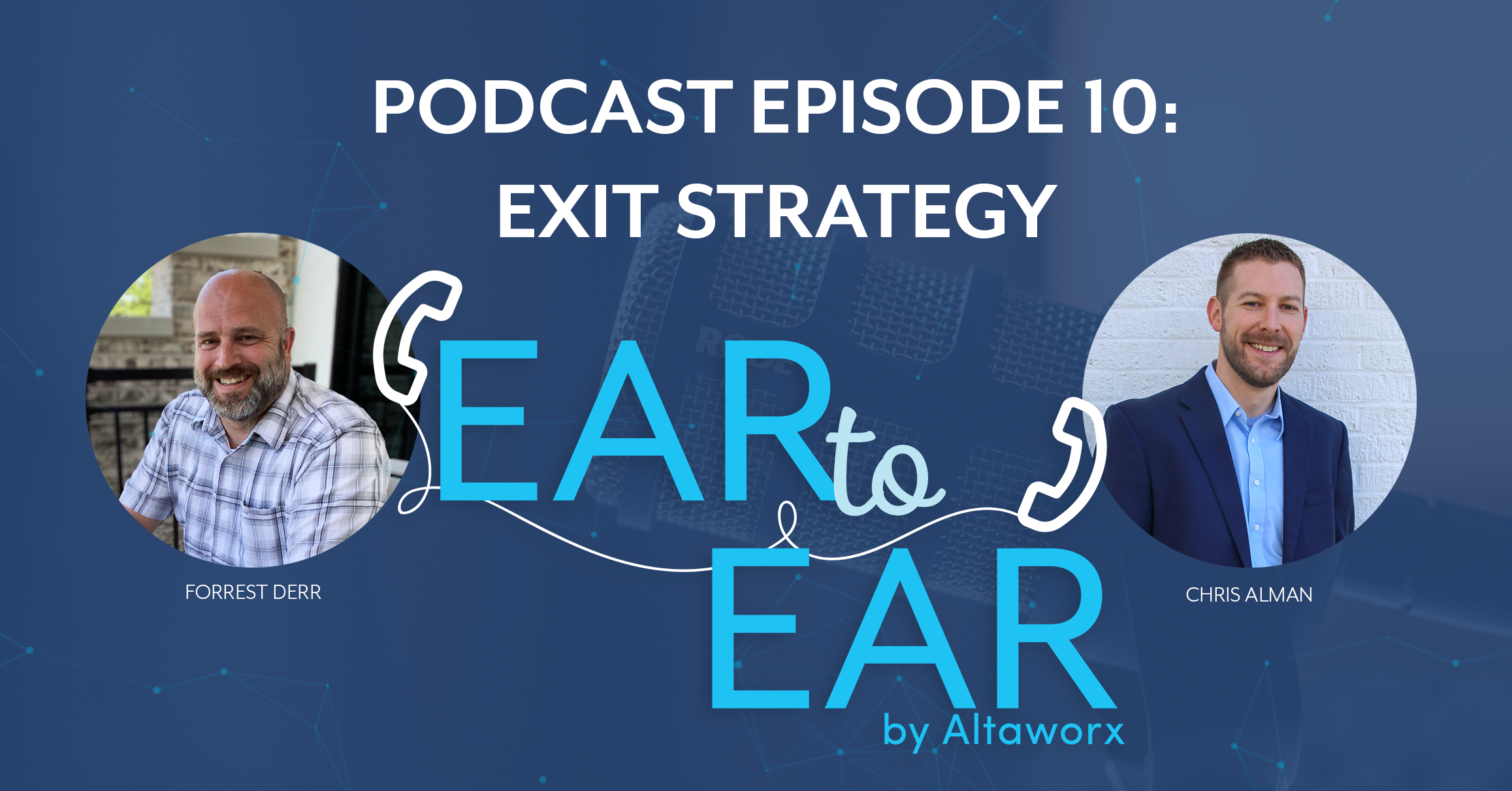- Managed services,
- recurring revenue,
- converting to managed services,
- recurring revenue model,
- business equity,
- Sales Processes,
- UCaas,
- Sales,
- white label voip,
- reseller,
- podcast,
- core values
Ear To Ear Podcast | EPISODE 1: Building Business Value: Insights on Growth, Exit Strategies, and the Power of Recurring Revenue

- September 11, 2024
Blog Post
Related Articles
Lorem ipsum dolor sit amet, consectetur adipiscing elit. Suspendisse varius enim in eros elementum tristique.
Blog Post CTA
H2 Heading Module
Lorem ipsum dolor sit amet, consectetur adipiscing elit. Suspendisse varius enim in eros elementum tristique.
Subscribe for
Our Blog
Lorem ipsum dolor sit amet, consectetur adipiscing elit. Suspendisse varius enim in eros elementum tristique.




